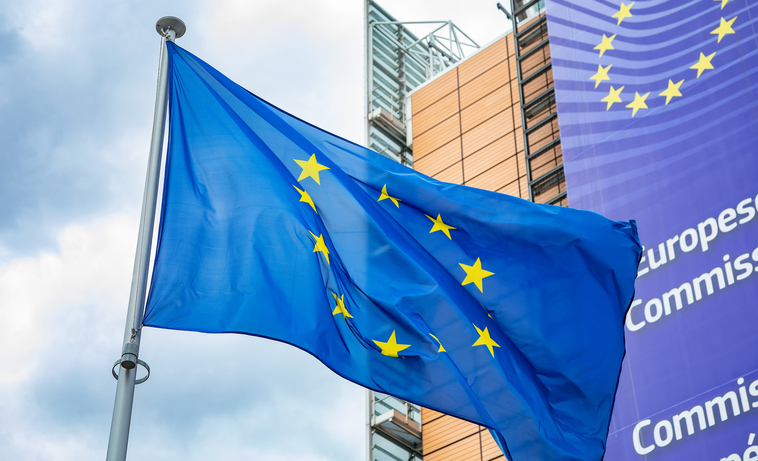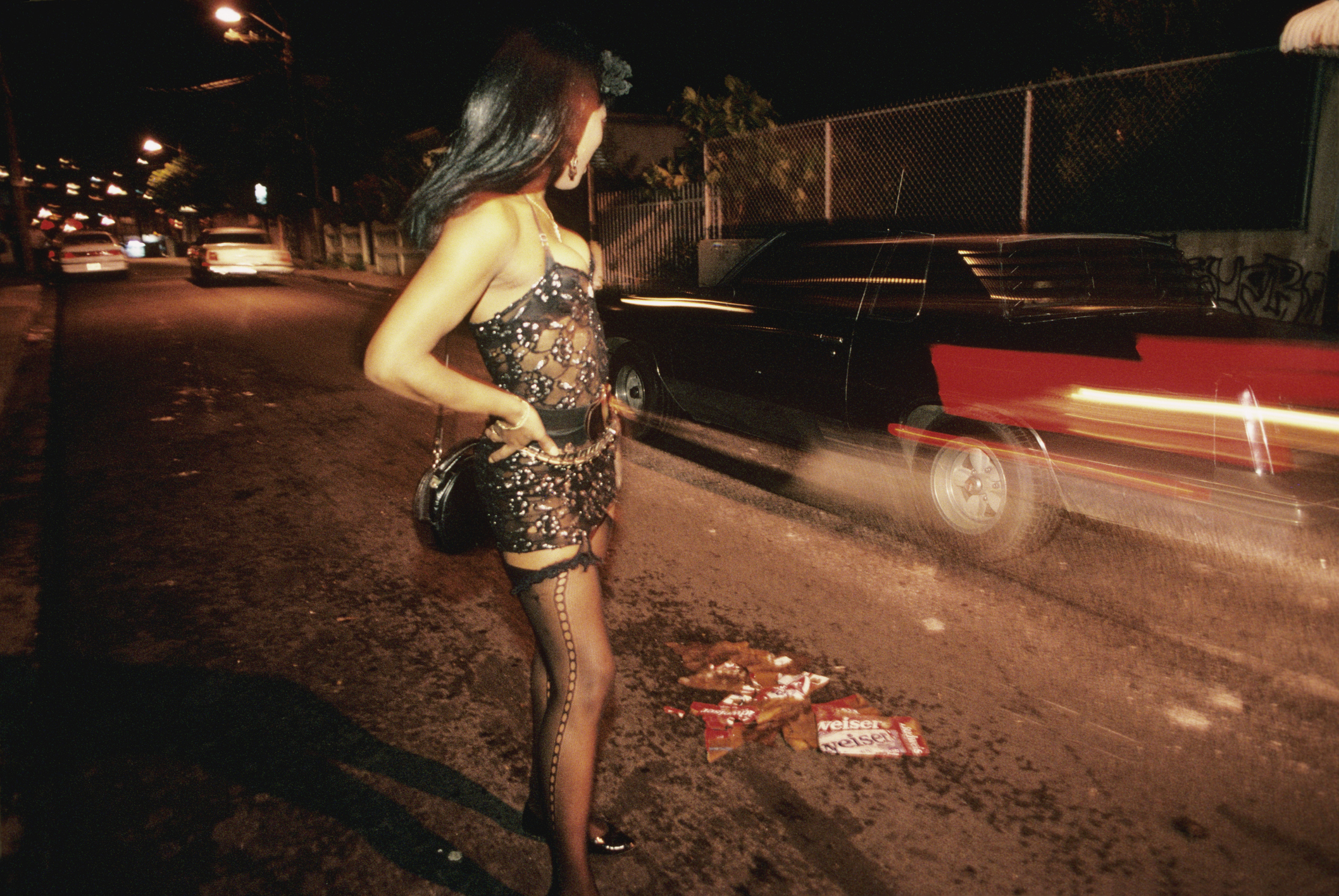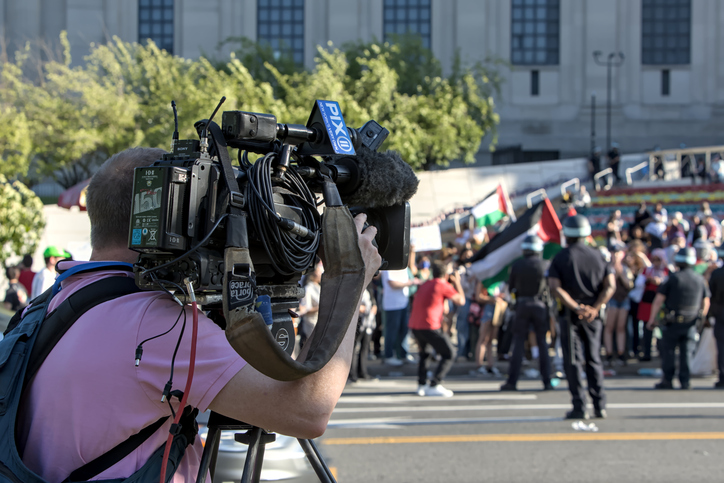Irish Conservative news site and government gadfly Gript has announced it will take the Irish Press Council to court.
It has accused the body of alleged bias, conflicts of interest and systemic failings after another ruling went against the media outlet.
Gript alleged the Press Council was not only biased but structurally incapable of impartiality.
“The Press Council plays an important role in Irish media. But to serve that role credibly, the Council must apply its standards consistently, operate transparently and justify its decisions with clarity,” Gript declared on August 5.
Gript is the only Conservative member publication of the Press Council.
Speaking to Brussels Signal, deputy editor Gary Kavanaugh argued that now the news publication was compelled to act because its members “felt that failing to act now would lead to increasingly hostile judgment”.
The current dispute between Gript and the Irish Press Council centred on two Gript articles from October 2024 covering a Dublin City University course that trained secondary-school teachers to deliver the Relationships and Sexuality Education (RSE) curriculum.
The course allegedly included sexually explicit language, graphic imagery of sexual acts and classroom exercises involving sexual material, content that Gript argued was inappropriate for school‑age pupils.
Gript alleged that the course included images depicting sexual organs and sexual activity and that teachers were presented with exercises intended to be replicated in school classrooms.
One of them allegedly included an audio clip recorded during a coffee break at the course, which the outlet said supported claims that the material was being replicated in classrooms.
Dublin City University complained, claiming Gript blurred the distinction between what teachers were shown during training and what students were taught under the national curriculum.
On May 1, 2025, the Press Ombudsman sided with the university, ruling that Gript had breached Principles 1 (Truth and Accuracy), 3 (Fair Procedures and Honesty), and 5 (Privacy) of the Press Council’s Code of Practice.
Gript appealed, submitting a 20‑page rebuttal accusing the Ombudsman of allegedly ignoring evidence, misapplying the rules, and failing to address key arguments.
On July 18, the Press Council upheld the ruling, insisting Gript had failed to show the Ombudsman had erred.
“Gript.ie did not show that the Press Ombudsman had erred in her application of Principle 1 of the Code in respect of the publication’s obligation to show that it had striven for truth and accuracy,” the Press Council wrote.
Following to ruling, Gript expressed disappointment in the handling of this specific case.
“The original judgment of the Ombudsman was exceptionally one-sided and incorrect on multiple fronts. I produced what I felt was a very compelling appeal document, highlighting procedural concerns, areas we felt the Ombudsman had failed, and a wide array of arguments to support our case,” Kavanaugh told Brussels Signal.
“We are a paid member of the Press Council, in good standing, and they couldn’t even be bothered to tell us why we’d lost,” he added.
The outlet also challenged the ruling as it feared it might hinder investigative journalism within the country.
“We see this as an issue for journalism itself. The current ruling, as it relates to investigative reporting and the usage of subterfuge to acquire material, is, I believe, damaging to investigative reporting in the country,” Kavanaugh said.
“The idea that the Press Council can simply, without explanation, say that information revealed by an investigation had no public value and that a publication should be found against on that basis, opens the process to massive levels of abuse – and that is particularly true in highly politicised areas such as sexual education for children,” he added.
Gript also pointed to comments from the Press Ombudsman suggesting that outlets not aligned with the Council’s “values” might lose membership.
As the only Conservative member publication, Gript said it feared that could reflect political or ideological bias.
An Irish court issued warrants in secret to the Irish police in June who wanted to search for confidential information from the X account of conservative news portal Gript Media. https://t.co/9p7RtZuTZm
— Brussels Signal (@brusselssignal) February 19, 2025
It also accused the regulatory body of allegedly ignoring conflicts of interest within the Press Council.
“There appears to be no functioning conflict of interest mechanism at the heart of what is now being treated as a regulatory body,” Gript stated on August 5.
It highlighted a previous case against the media outlet in which it alleged the Press Ombudsman personally knew the complainant, had exchanged messages with them on social media and had been photographed socialising together.
Contacted by Brussels Signal about the allegations, the Irish Press Council had not responded at the time of writing.
It was not the first time Irish journalists had launched legal action against the press body.
JJ O’Donoghue has launched legal action against the Council due to an alleged lack of transparency after his local newsletter Tripe+Drisheen was denied membership of the body earlier this year.





